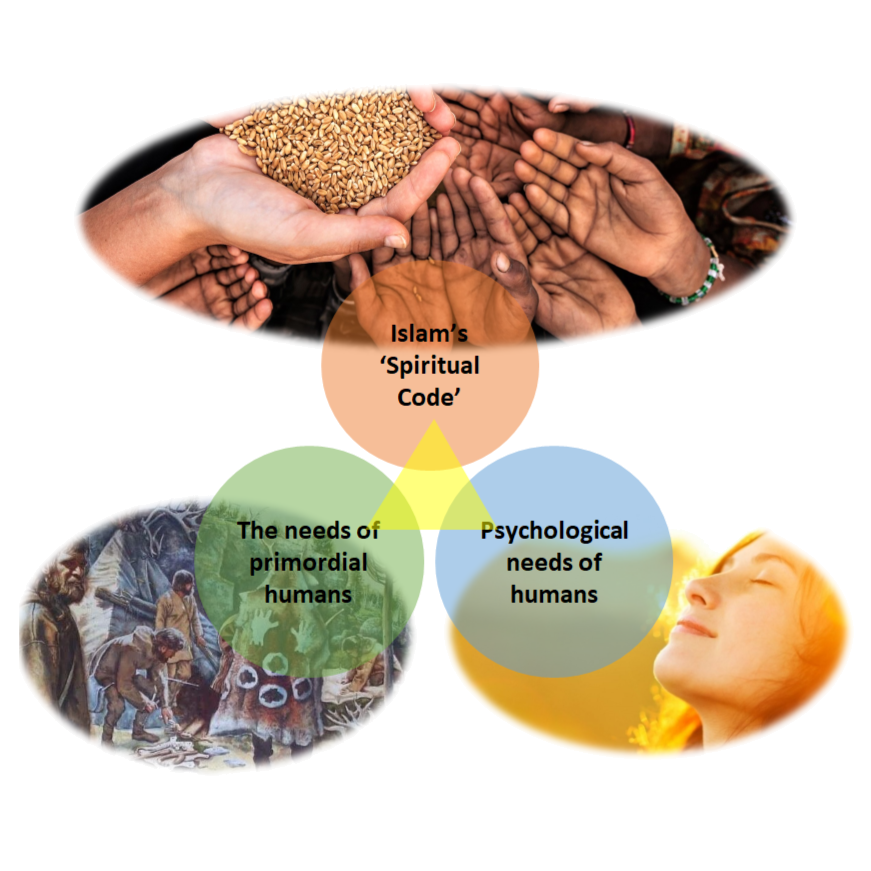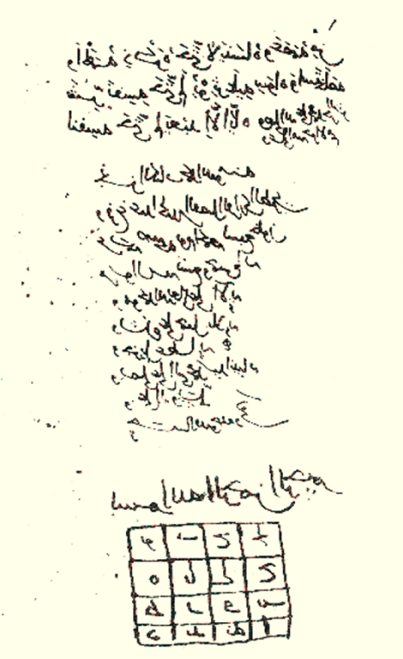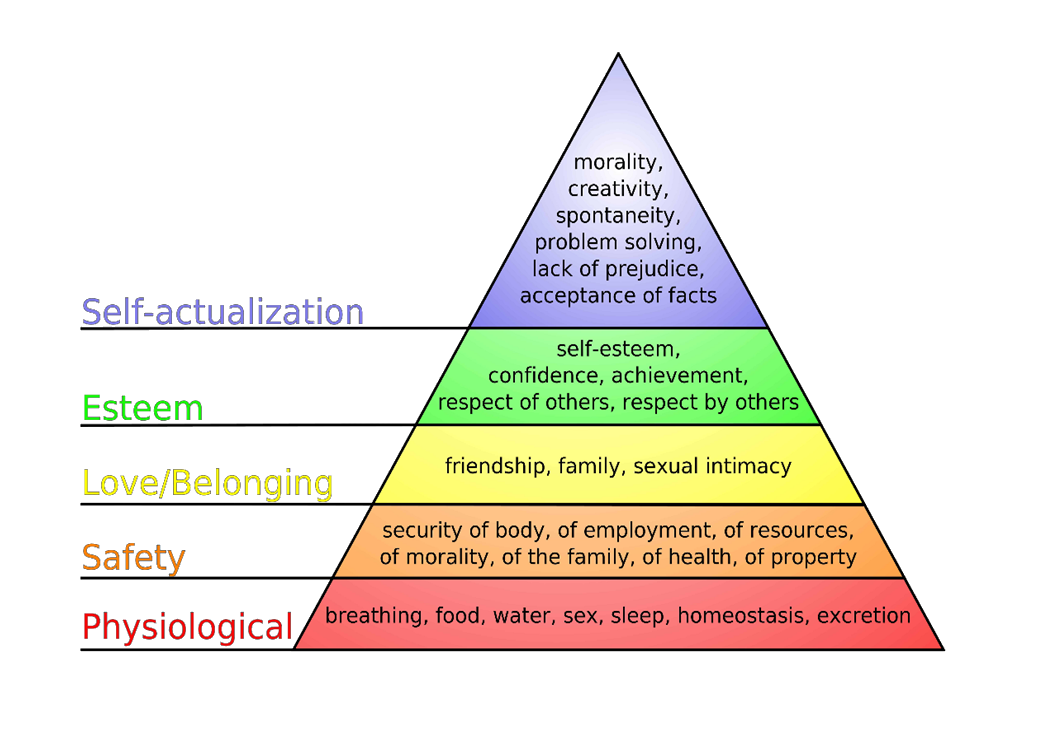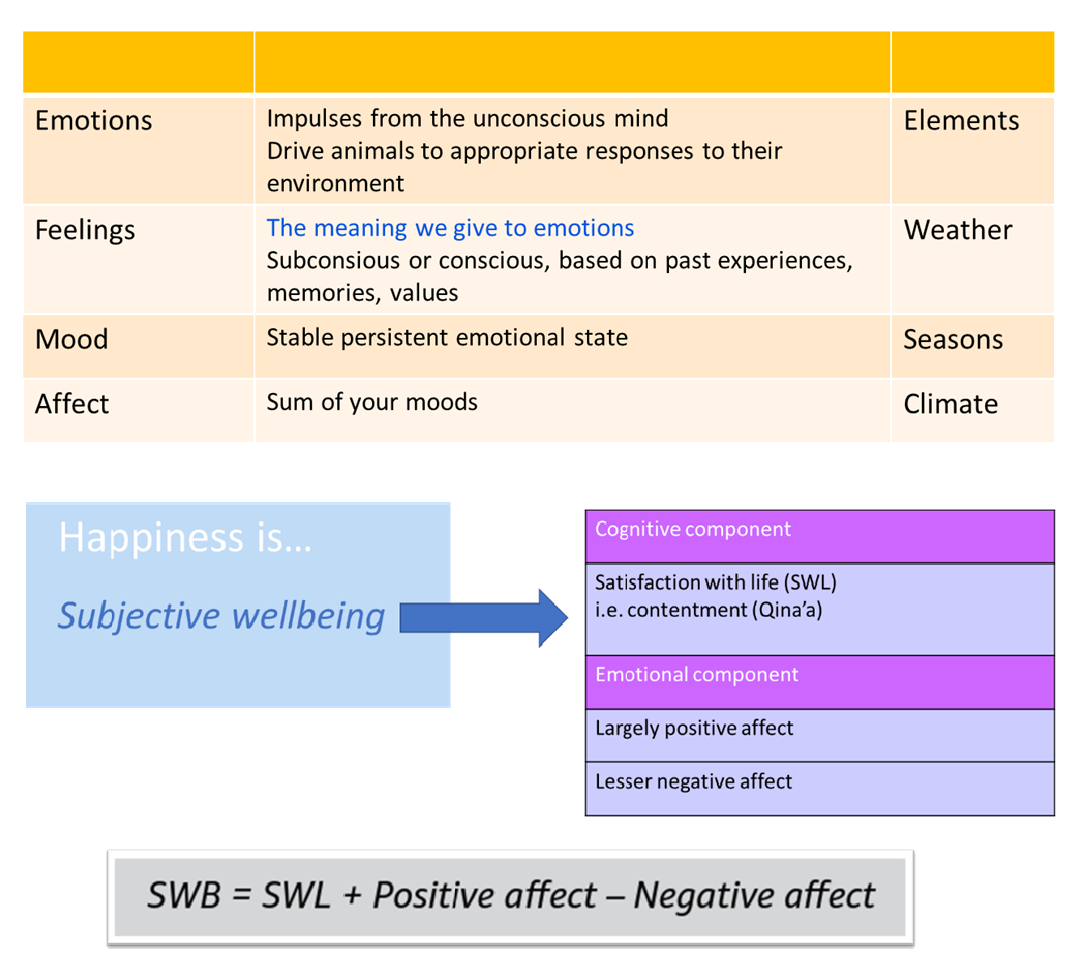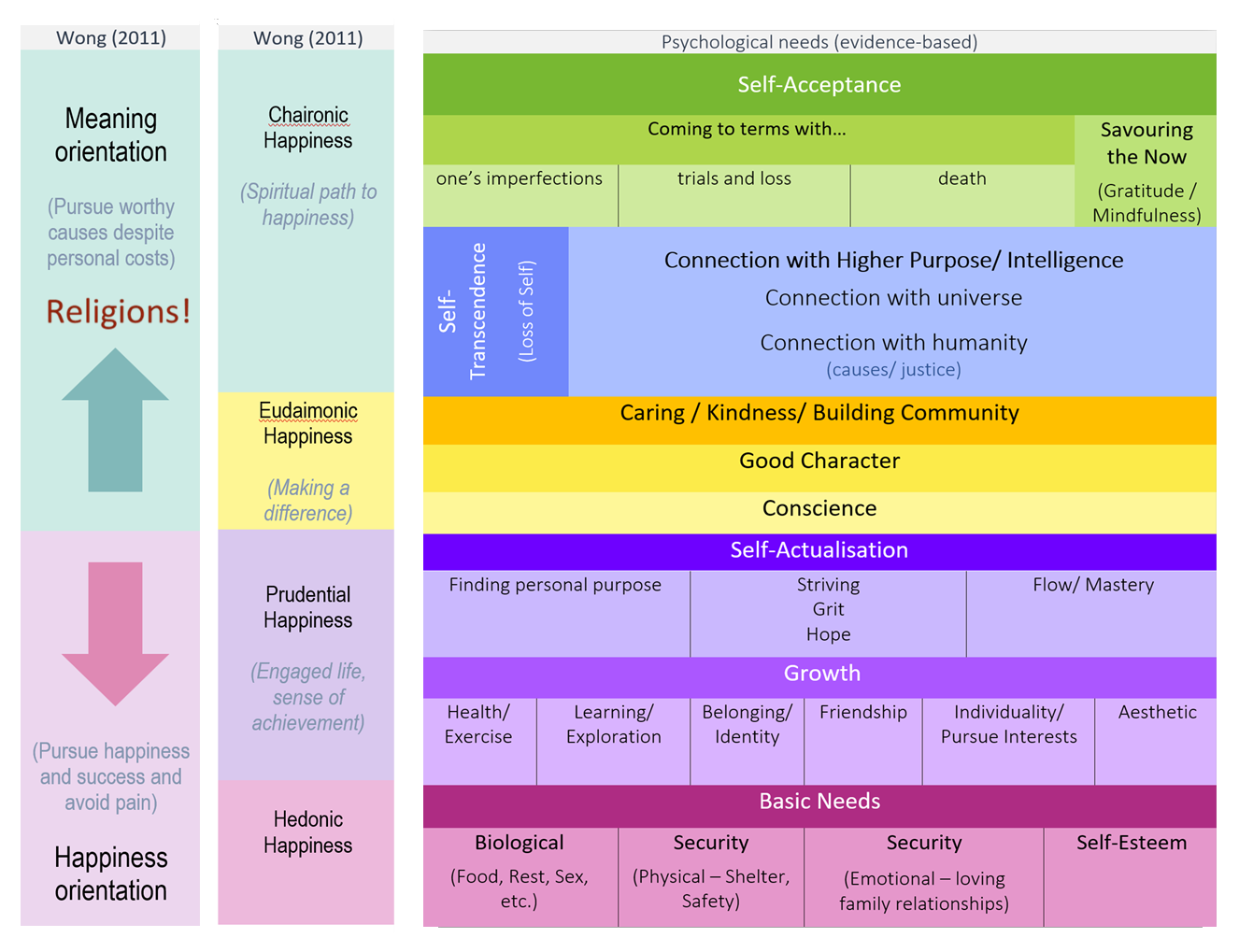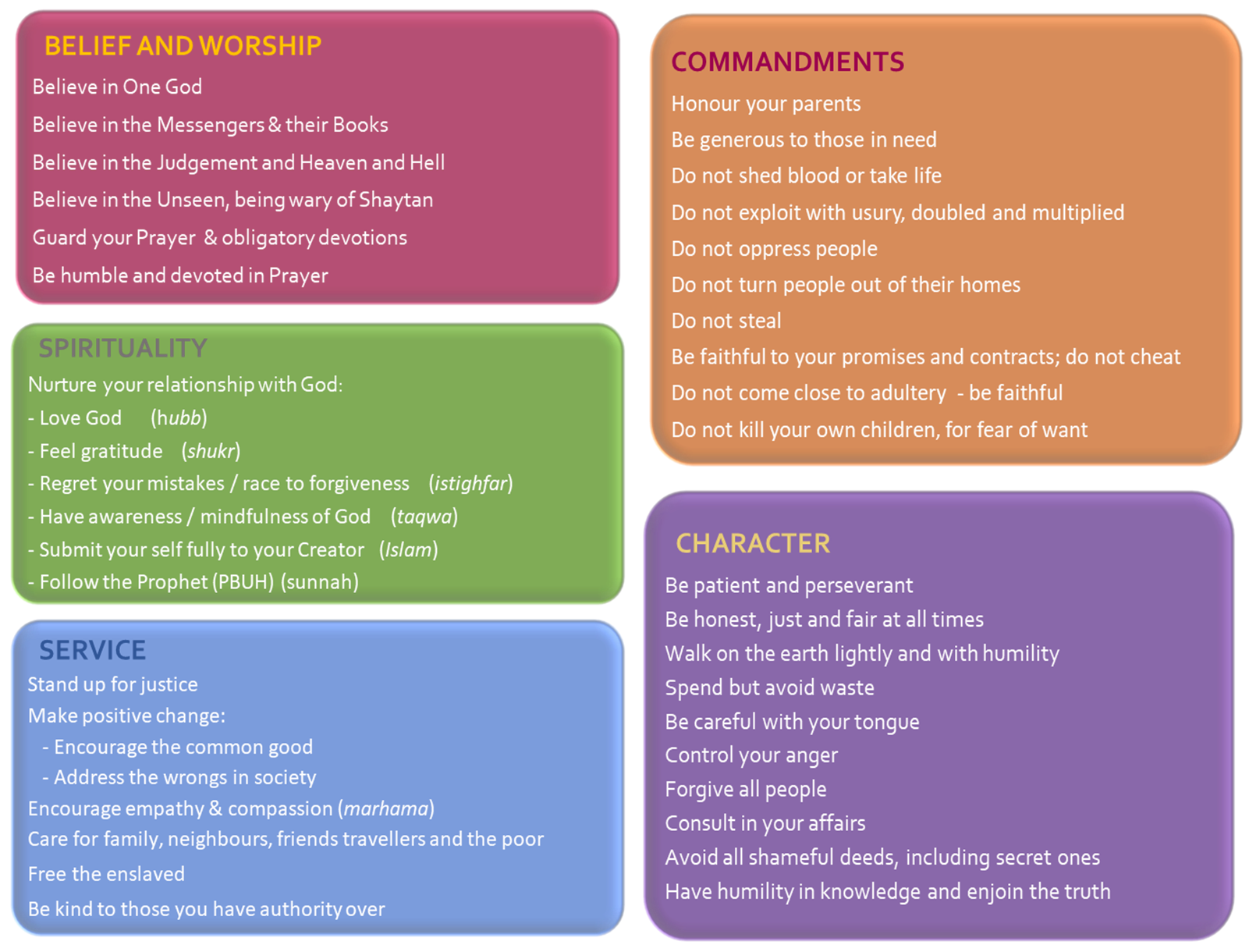Peterson and Seligman (2004) embarked on a 3-year research project, involving 55 scientists from around the globe. The researchers consulted the world’s classic religions and philosophical texts, looking for traits and qualities that appeared to have been valued throughout history and across different cultures. The result of this extensive work was the creation of a universal classification of positive character traits, known as the VIA (Values in Action) Character Strengths and Virtues.
Hart, Rona. Positive Psychology (The Basics) (pp. 140-141). Taylor and Francis. Kindle Edition.
“Led by Katherine Dahlsgaard, we read Aristotle and Plato, Aquinas and Augustine, the Old Testament and the Talmud, Confucius, Buddha, Lao-Tze, Bushido (the Samurai Code, the Koran, Benjamin Franklin, and the Upanishads – some two hundred virtue catalogues in all. To our surprise, almost every single one of these traditions flung across three thousand years and the entire face of the earth endorsed six virtues…”
(Seligman, Authentic Happiness)
These six virtues were coined through analysing the voices of humanity throughout history:
-
Wisdom and knowledge
-
Courage
-
Love and humanity
-
Justice
-
Temperance (moderation, humility, self-control, etc)
-
Spirituality and transcendence
Everyone has character strengths. Identifying them and working on character has been shown to have many benefits, including:
- Positive & constructive relationships
- Resilience
- Lower levels of depression
- Social Skills
- Self-esteem
- Sense of meaning!
- Insight & Self-reflection
- Increased happiness or satisfaction with life!
(Hart, Rona. Positive Psychology (The Basics), Taylor and Francis. Kindle Edition)
Think about the needs of our prehistoric ancestors…
Over 1000s of years, natural selection only allowed the propagation of people whose mindset was suited to primordial success.
You become your psychology.
Whatever you put your mind to, you are set to achieve…
So, our minds have adapted over 1000s of years to fit the needs of primordial humans.

